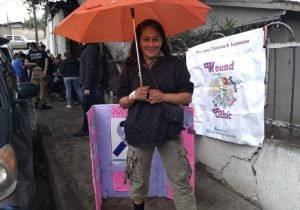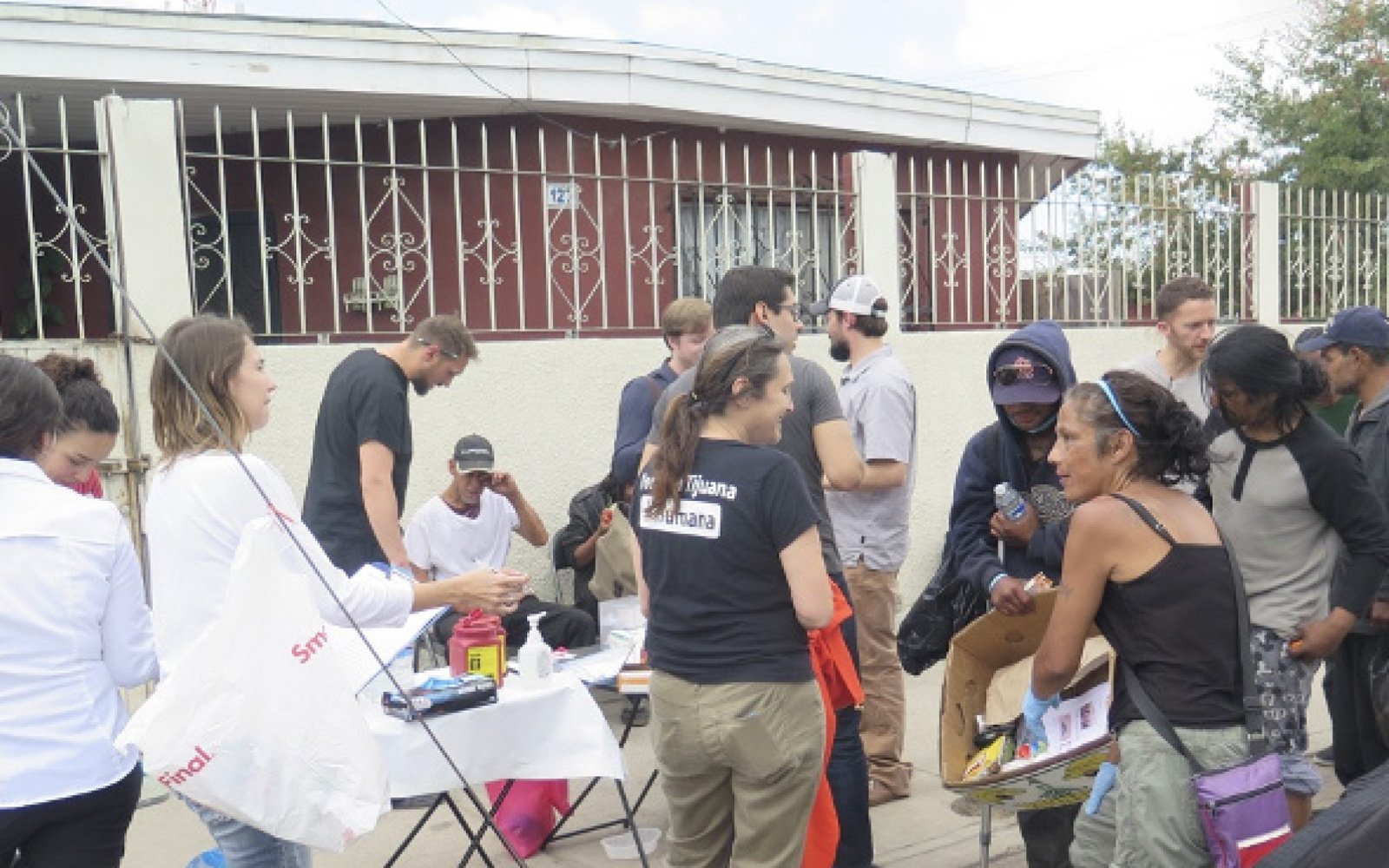How did you become interested to work with women and harm reduction?
For almost 3 decades I have been involved in HIV medicine and research and as a physician, delivering a range of services at homes and on the streets of Tijuana, Mexico. During this time, I witnessed how the outdated norms and bureaucratic practices of Mexican health and social services exclude women who use drugs (WUD) from accessing services. These barriers to accessing services include constant discriminatory behaviours and stigmatising practices towards WUD, including acts of ‘micro-aggression’, which cause repeated traumas and violations of women’s human rights. These issues combine creating environments where women are not only marginalised but also institutionally and socially isolated, which contribute not only
What do you think is the biggest challenges facing women who use drugs in Mexico?
The biggest challenges to WUD are extreme violence, ‘machismo’ culture and the impacts of male dominance. Women are the ones who suffer the cruellest punishments if they are involved either directly or indirectly in drug related events. Also, the combination of the criminalization, stigma, myths and misconceptions around the use of drugs, and patriarchal and moralistic social perspectives intensifies the challenges faced by WUD in Mexico. I am also really concerned that abstinence and drug rehabilitation are the only accepted options referred to when we talk about how to address drug use in our region.
How does your organizations attempt to address or minimise some of these challenges?
We try to increase public awareness and demystifying drug use by referring to evidence based information about drugs. Our aim, through our community of volunteers and service users, is to create a safe and humane space. A few years ago we started a women’s art and support group and we had regular meetings, but COVID impacted has disrupted such support activities. We were able to continue to have our monthly clinic, but we noticed less and less women were attending. Over the years we became aware that the causes of the small number women attending the clinic stems from the male control of women, the social shame and stigma surrounding drug use among women and women’s social isolation.
How does Clinica Wound facilitate the meaningful involvement of women who use drugs?
By talking and listening to women and inviting them to participate in the planning of all our future activities. We also encourage participation in the ‘Support Don’t Punish with a Focus on Women’ campaign which helped us to see what women who use drugs in other parts of the world are doing to raise awareness about these issues.
In your opinion, what changes in Mexico would bring the biggest benefit to women who use drugs?
To teach evidence-based facts about drug use. To conduct open education spaces that are inclusive of the voices of WUD to help demystify assumptions about the good and the bad, the moral versus the immoral and health versus disease. To help promote compassion, dignity, respect for human’s rights, and communities free of violence. To uphold the autonomy of women’s decision making on issues concerning their bodies, and to debunk the existing moralism of patriarchal beliefs.




